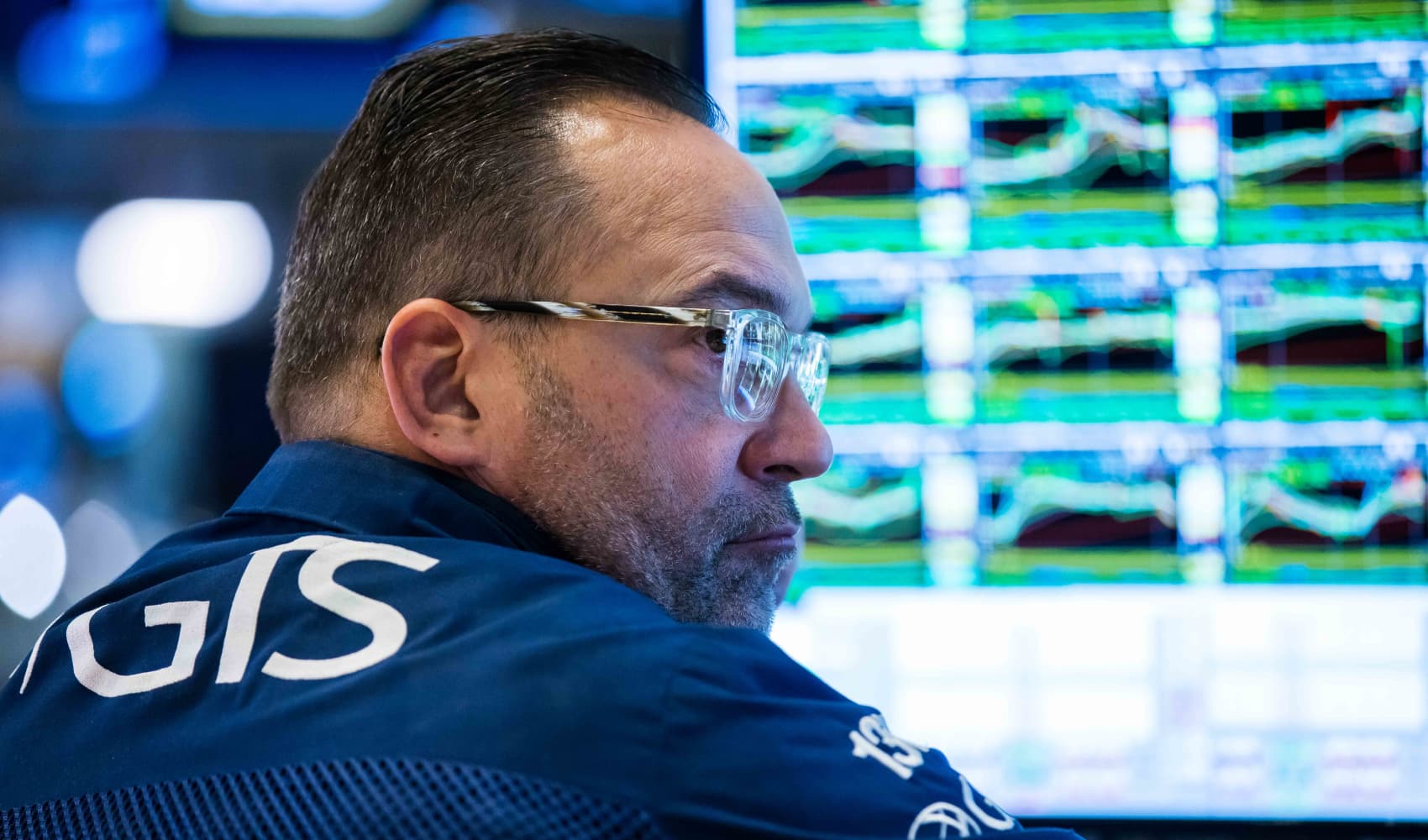
- In the late 1990s, claims that vaccines caused autism "turned tens of thousands of parents around the world against the measles, mumps and rubella vaccine," according to the Lancet medical journal.
- In 2010, the journal retracted a 12-year-old article linking vaccines to autism, and studies have proven vaccines do not cause Autism Spectrum Disorder.
- In the U.K. last year, 90.3% of two-year-olds were vaccinated against measles, mumps and rubella. A year earlier, 90.6% of children of the same age had been given the vaccine.
Skepticism toward Covid-19 vaccines could be fueling a "worrisome" rise in broader anti-vax sentiment, doctors have said.
Professor Liam Smeeth, a physician and director of the London School of Hygiene and Tropical Medicine, told CNBC he was concerned that vaccine hesitancy around Covid was "creeping into" sentiment toward other vaccines.
"I'm concerned it's making people think: 'oh, well, maybe the measles vaccine isn't great either, and maybe these other vaccines aren't great,'" Smeeth said in a phone call. "And we don't have to see much of a drop in measles vaccine coverage in the U.K. to get measles outbreaks."
He noted that there had been outbreaks of the disease when vaccination rates dropped in Britain in the 1990s and early 2000s.
In the late 1990s, claims that vaccines caused autism "turned tens of thousands of parents around the world against the measles, mumps and rubella vaccine," according to the Lancet medical journal. In 2010, the journal retracted a 12-year-old article linking vaccines to autism, and studies have proven vaccines do not cause Autism Spectrum Disorder.
'Jar full of wasps'
Money Report
London-based Smeeth said measles vaccination rates only needed to drop a little below 90% for the disease to become a problem.
Measles is a highly contagious, serious viral illness that can lead to complications such as pneumonia and inflammation of the brain. Before widespread use of the measles vaccine, major epidemics broke out approximately every two to three years and the disease caused an estimated 2.6 million deaths each year, according to the WHO.
Feeling out of the loop? We'll catch you up on the Chicago news you need to know. Sign up for the weekly Chicago Catch-Up newsletter.
In the U.K. last year, 90.3% of two-year-olds were vaccinated against measles, mumps and rubella. A year earlier, 90.6% of children of the same age had been given the vaccine.
In the U.S., 90% of children were vaccinated against measles by the age of two in 2019, according to figures from the World Bank, marking a decrease of 2 percentage points from a year earlier. More recent data for the U.S. is not available.
Between 1988 and 1992, that figure fell from 98% to 83% in the U.S., and stayed below 90% for four years. In the U.K., the measles vaccination rate for two-year-olds dipped below 90% in the late 1990s and did not recover until 2011.
"Measles is like a jam jar full of wasps that is raging to get out," Smeeth warned. "The minute vaccine coverage drops, measles will reappear. So that is a worry, that that [Covid anti-vax sentiment] and that dent in confidence is seeping across into other vaccines. That is a real worry."
'Devastating' changes
Gretchen LaSalle, a physician and clinical assistant professor at Washington State University's Elson S. Floyd College of Medicine, told CNBC that the politicization of Covid and its vaccines, as well as a lack of understanding of vaccine ingredients and public health, had had "devastating" effects.
In 2020, LaSalle completed the American Academy of Family Physicians Vaccine Science Fellowship. As part of the program, she helped carry out a survey of more than 2,200 people, tracking their attitudes toward immunizations.
Covid vaccines were first administered in December 2020 in the United States.
"In living through the Covid-19 pandemic and seeing the devastating effects on lives and livelihoods with their own eyes, our theory was that people would be reminded of the vital importance of vaccination and that their confidence would increase," LaSalle told CNBC in an email.
But 20% of respondents told LaSalle's team they had become less confident in vaccines during the pandemic.
"This decrease is worrisome," LaSalle said. "For illnesses like measles that require a very high percentage of the population (typically around 95%) to be immune in order to limit the spread, a decrease in vaccination percentages by even 5 to 10% could be devastating."
LaSalle told CNBC there were several factors contributing toward the public's loss of faith in vaccines.
"Even before the pandemic, vaccine hesitancy was increasing, and we were seeing the return of deadly diseases around the world," she said.
"The rise of the internet and social media as outlets where people get their news and information, and the proliferation of misinformation online, has absolutely contributed to the problem."
She added that because people in the developed world rarely witnessed the devastating effects of vaccine-preventable diseases, for some, the threat of the illnesses doesn't seem real — and they now fear the vaccination more than the illness itself.
Breakthrough cases
However, Vivek Cherian, a Chicago-based internal medicine physician, told CNBC he hadn't noticed people's views of non-Covid vaccines changing throughout the pandemic — although he said he could understand why some people's views on vaccines in general may have been "tainted."
"If they got the Covid vaccine and possibly even boosted and still ended up getting a breakthrough infection, their immediate response may be 'what was the point if I ended up with an infection anyways? What's the point of getting other vaccines?'" he said in an email.
"When that has come up, I tell my patients that while they may still have got an infection, it could have been much worse if they [were unvaccinated] — and the data overwhelmingly says that your chance of hospitalization and death are significantly reduced when vaccinated and boosted."
Cherian said it was important to bear in mind that this was not unique to Covid vaccines: no vaccine is 100% effective.
"Just think of the annual influenza vaccine," he said. "I myself a few years ago got the flu shot and still ended up getting the flu, but that has never (nor should it) deterred me from getting influenza shots every year."






